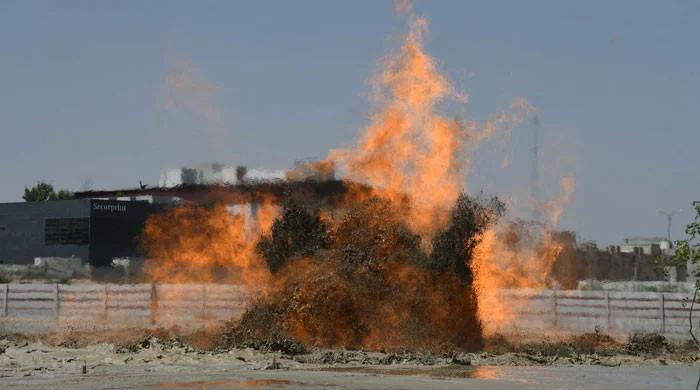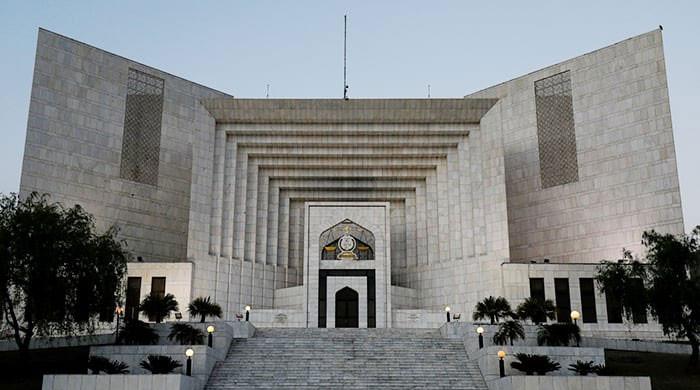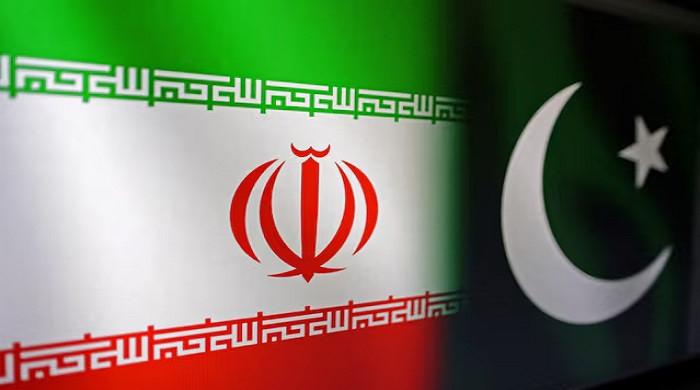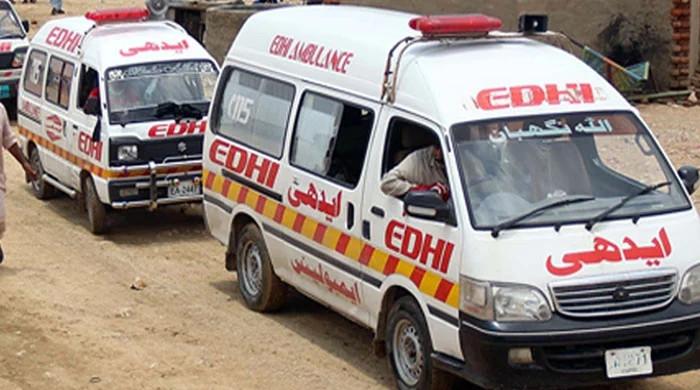BLOG: I spoke up against sexual harassment, but nothing happened
Tanzeela Mazhar writes about how Pakistan struggles to implement its strong laws against sexual assault and harassment at the workplace
April 08, 2017

Pakistan has strong laws against sexual assault at the workplace. But it struggles to implement them. Why? Because it fails to understand them.
The word "sexual" isn’t merely about touching a woman’s body without her permission. Lingering stares, lewd jokes, and unwanted comments also constitute sexual harassment. Unfortunately, proving verbal exchanges are difficult. Investigation agencies require proof, text messages, videos, emails, and witnesses. And the burden of this proof is always on the woman.
In my personal experience, when the Pakistan Television’s internal committee took up my case, they had zero understanding of it. The interrogators were hostile and defensive about their colleagues and about the organisation. I ended up resigning. The accused did not.
It is not easy for women to talk about sexual misconduct, especially in Pakistan. She will tolerate the abuse for a long time before finally speaking out. But when she does, this is how people respond. Her family members will advise her to "quit her job". Her colleagues would avoid supporting her, or even interacting with her, fearing for their jobs. Separately, a character assassination campaign would be initiated against her, "Aurtein he esi hain" (That is just how women are), "Esay kapray pehan ke aye gi to log chairen ge" (People will tease her if she dresses up like that).
According to Pakistan's Protection Against Harassment of Women at the Workplace Act 2010, organisations are required to constitute an internal committee to address all complaints of harassment. But there is no clarity on who would sit on these committees and if they are trained to deal with sexual harassment cases with sensitivity. During these interrogations, a complainant’s personal life is put on trial.
For women, the battle to secure dignity soon becomes a horror story, discouraging more from speaking out.
It is important here to note the journey women make to reach a workplace. First, she fights at home to be allowed an opportunity to prove herself. Then, she struggles to prove herself at work. We women do not come out of our houses to be harassed, exploited, and mistreated.
I was 20-years-old when I first joined the media industry. In those days, I would take a public bus to reach my office. And during the journey, I must have heard this one sentence at least a hundred times, made by women desperate to ward off perverted men: “Don’t you have mothers, daughters and sisters at home.” There is little else a woman can do to save herself when harassed in public. Some remain silent, some speak up, but very few are deterred.
We, the women of Pakistan, have come a long way to be visible, to be seen and heard. A longer journey is ahead of us. Hopefully that journey is in an environment where women feel safe.
—Tanzeela Mazhar is a journalist and a former news presenter with the Pakistan Television. She tweets at @TenzilaMazhar











